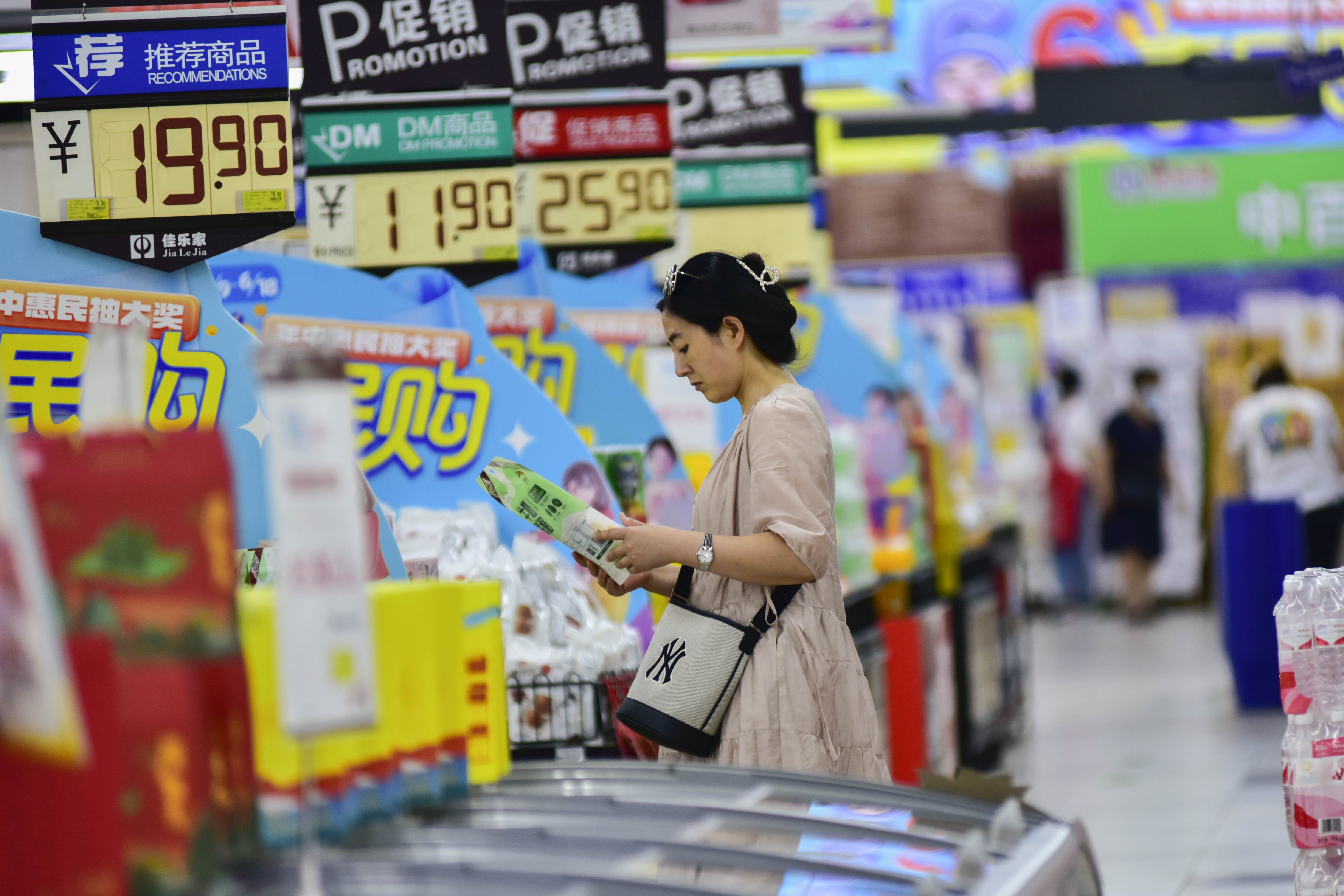Chinese economic growth slowed down in May, with both industrial output and retail sales coming in below expectations. Does this mean the end of the economic rebound that China has enjoyed since ditching its draconian zero-COVID restrictions? Not so fast.
Pent-up spending on goods and travel will still help China hit its deliberately conservative 5% GDP growth target this year, says Eurasia Group analyst Lauren Gloudeman.
Still, China's central bank cut several policy rates in anticipation of the weaker data. The government also announced a bunch of pro-biz gimmicks to boost economic growth and encourage consumption — but it didn’t unveil the major stimulus plan many are waiting for.
Part of the problem is that China wasted vast sums of state funds for testing and quarantines during zero COVID. And that means Beijing has less cash to spare on stimulus amid mounting economic woes — young people can't find jobs, local governments and the property sector are drowning in debt, and private investment is drying up.
What’s more, hitting his growth target is the least of Xi Jinping’s economic woes. He knows that he needs to do something big fast to give China's economy a much-needed boost of confidence by getting Chinese people to spend again. The longer Xi waits, the higher the risk of economic stagnation and financial crisis.
